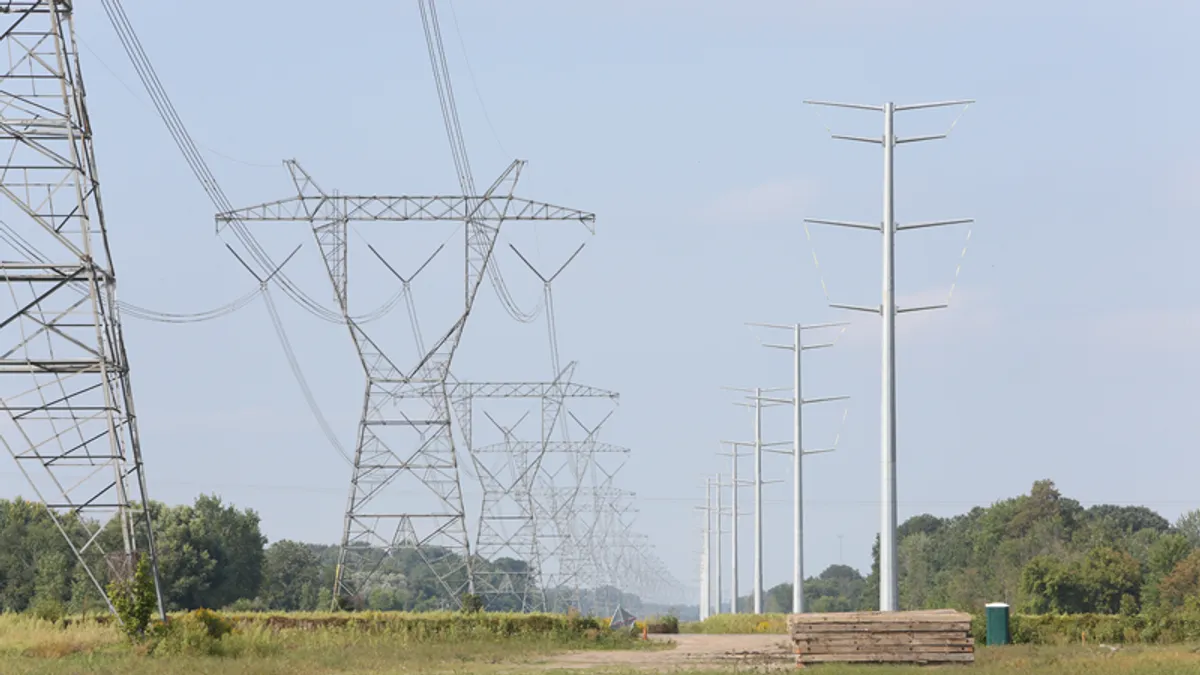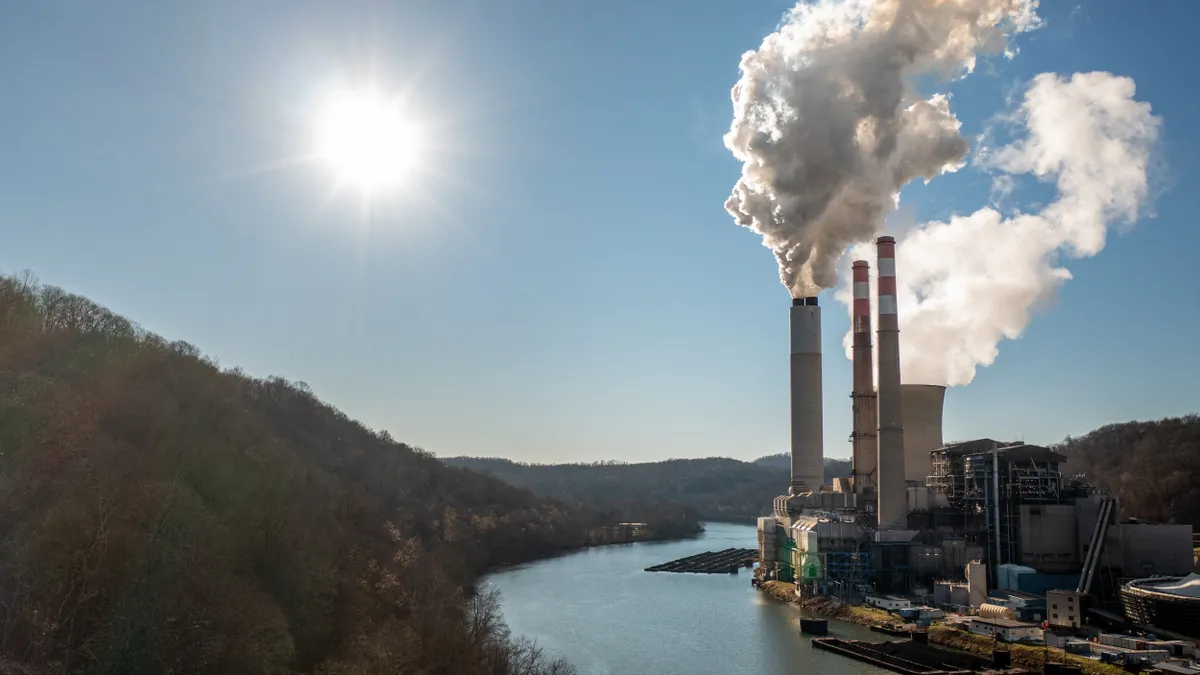The following is a contributed article by Steven Transeth, principle partner of Transeth & Associates and former member of the Michigan Public Service Commission.
In late 2016, the Michigan Legislature passed major energy legislation which formalized the process known as integrated resource planning (IRP) to ensure that our electricity is produced in the most affordable, reliable and environmentally sound manner.
I have been involved with the IRP process for a number of years and believe it to be one of the most effective tools to develop and implement smart energy policy. I was the chair for the committee that developed the first IRP in Michigan at the Lansing Board of Water and Light, and I contributed greatly to the drafting of the IRP language contained in the 2016 legislation.
Under the law, all regulated electric utilities are required to file a 5-10-15 year IRP for review and approval by the Michigan Public Service Commission (MPSC). I have been tracking the various IRP proceedings and recently became concerned after reading many articles about the plan filed by DTE Energy, which is currently under review by MPSC.
I believe these stories lacked a certain degree of balance by how they presented the positions of those opposing DTE's plan.
A politicized process
My concerns go to the nature and tone of these objections, which are from several special interest groups. While I believe in sincere advocacy for the environment, I question if their zeal to push their agenda has blinded them to the fact that DTE's IRP deserves favorable consideration and support.
I was disappointed these special interest groups chose to politicize a process that is meant to be void of politics.
We are facing tremendous changes in how we generate electricity as we move from fossil fuels to cleaner energy sources. It is no longer a question of if, but when. And the decisions we make now about our energy future will impact us all for decades. How are we going to plan for this new frontier? How are we going to pay for it? How are we going to ensure the lights stay on?
The purpose of an IRP is to provide the complex and interrelated answers to these issues. Answers we cannot afford to get wrong. But a singular focus on the environmental issue without concern for the impact on affordability and reliability is a formula to fail.
Fact vs. fiction
I have reviewed DTE's IRP, the objections filed by these special interest groups and the response. Their tactic was to mischaracterize the facts, make unrealistic claims and simply ignore the harmful consequences of what they propose. The issue is too important not to separate fact from fiction. The following is a short list of the glaring errors made by these intervenors:
Fiction: DTE used unreasonable and outdated assumptions and modeling that produced skewed results.
Fact: DTE used data provided by the National Renewable Energy Laboratory — a far more accurate source than the private investment firm cited by the intervenors — and the modeling scenarios of both DTE and the intervenors still yielded nearly identical results.
Fiction: DTE manipulated the data to support their plan.
Fact: The data used by DTE reflected the company's existing assets. To do otherwise would require an assumption that DTE is starting from scratch without any existing assets or system constraints, which would produce entirely unrealistic results meaningless to any effective planning.
Fiction: DTE did not consider emerging technologies.
Fact: DTE's plan is measured and factors in the impact that any change will have on affordability and reliability. The cost of transitioning the entire current generation fleet to renewables today would result in intolerably high electricity bills for customers with no assurance of service.
To resort to name calling, making unsupported claims and denigrating the IRP process is wrong and if these special interest groups are successful, they will actually do more harm than good in our fight for greener and sustainable energy.
The final decision will be made by the MPSC (an independent regulatory body) after all interested parties have had a chance to present their case and the Commission has completed a full review. The policy decisions have been made and the MPSC is now charged with the responsibility of implementing those decisions.
The actions of these special interest groups are nothing more than pressure politics in an effort to rewrite the 2016 law.






















